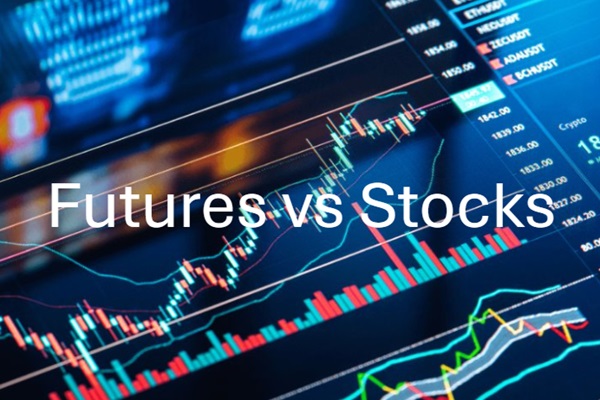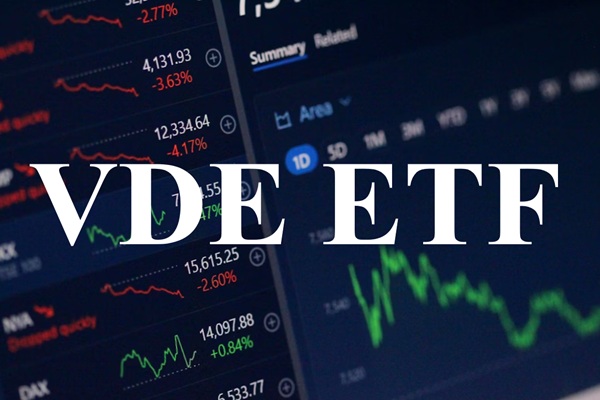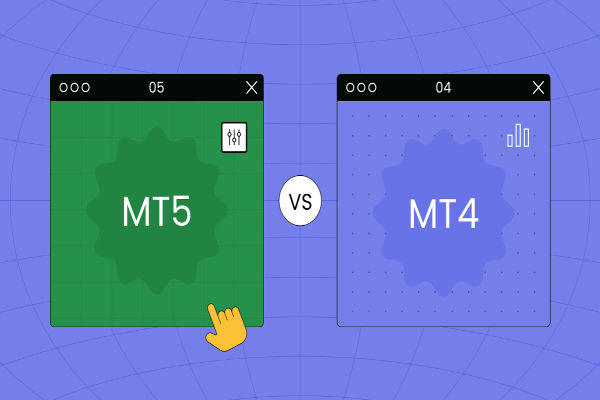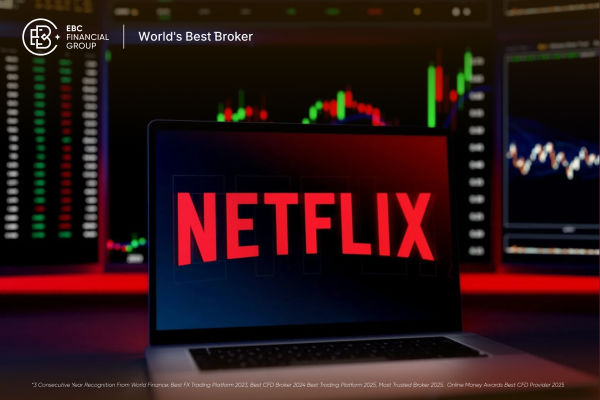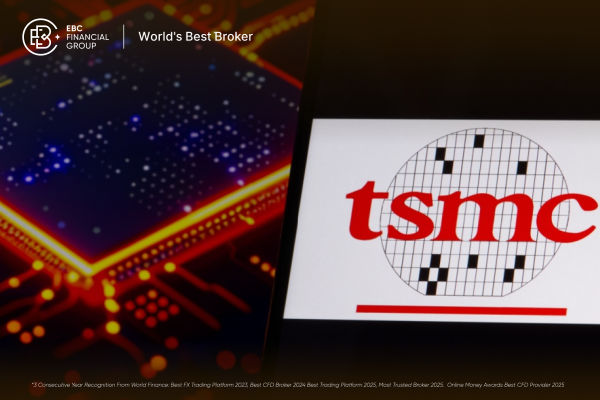When you trade oil options vs futures, it is important first to grasp the core features of each instrument. Oil futures are contracts obligating the buyer to purchase, or the seller to sell, a specific quantity of crude oil at a predetermined price on a future date.
This commitment means futures contracts expose traders to significant profit or loss potential, depending on how oil prices move.
Futures are generally straightforward and are popular among traders who expect to profit directly from price movements in crude oil. The leverage provided by futures can amplify gains but equally magnify losses, so it requires a disciplined risk management approach.
What Are Oil Options and How Do They Work?
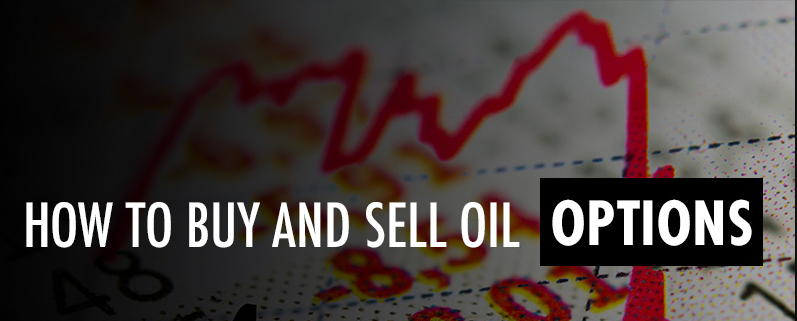
In contrast, oil options give the trader the right but not the obligation to buy or sell oil futures at a set price before a certain expiry date. This feature makes options more flexible compared to futures. When you trade oil options vs futures, one of the biggest advantages of options is the ability to control risk.
The maximum loss in trading options is limited to the premium paid for the option, whereas futures can expose traders to unlimited losses beyond their initial margin. Options can be used to hedge existing futures positions or to speculate on price movements with limited downside risk.
Cost Implications When You Trade Oil Options vs Futures
Another crucial factor to consider when deciding to trade oil options vs futures is the cost structure. Futures trading usually requires posting margin, which acts as a security deposit and must be maintained as the market fluctuates. If the market moves unfavourably, traders may need to add funds to their margin accounts.
On the other hand, when trading oil options vs futures, the upfront cost is the premium paid for the option contract. There is no margin requirement beyond this premium, but options pricing is affected by additional factors such as implied volatility and time decay, which can complicate their valuation. Understanding these elements is key for successful options trading.
Risk and Reward: How They Differ
Risk profiles between oil options and futures are markedly different. When you trade oil options vs futures, you should remember that futures contracts carry higher risk due to their obligation to buy or sell the underlying commodity. This means that while futures can generate substantial profits if your market view is correct, losses can accumulate quickly if prices move against you.
Options provide a form of insurance, allowing you to participate in favourable price moves while capping losses at the premium cost. This makes options attractive for more conservative traders or those wanting to hedge existing futures exposures.
Flexibility and Trading Strategies
Flexibility is a significant advantage when you trade oil options vs futures. Futures contracts are simple and direct but less versatile in strategy. Options, however, offer a wide range of strategies such as calls, puts, spreads, straddles, and collars, each tailored to different market expectations and risk tolerance.
For example, options can be used to profit from sideways markets or increased volatility, which is not easily achievable with futures alone. Traders who understand these strategies may find that options add depth and nuance to their trading toolkit.
Market Conditions Influence Your Choice
Market environment also plays a vital role in the decision to trade oil options vs futures. During times of high volatility, oil options can be preferable due to their ability to hedge risk and provide profit opportunities through various strategies.
When markets are trending steadily, futures may be the preferred vehicle because they allow traders to benefit from price movements without the premium cost of options. It is therefore important to evaluate current market conditions and your outlook when choosing between these two products.
Which Instrument Fits Your Trading Profile?
Your personal trading style and risk appetite are critical in deciding whether to trade oil options vs futures. If you are comfortable with risk and seek straightforward exposure to crude oil prices, futures may suit you better. They offer simplicity and direct access to the commodity market but require strong risk management discipline.
Conversely, if you prefer to limit potential losses and use more complex strategies, options might be more appropriate. Many experienced traders use both instruments in tandem, employing options to hedge futures or speculate on volatility changes.
Practical Considerations and Execution

When you trade oil options vs futures, practical factors such as contract size, liquidity, and expiry dates also come into play. Futures contracts tend to have standardised sizes and expiration cycles, making them easy to trade on major exchanges.
Options are also standardised but come with multiple strike prices and expiry months, which can add complexity to choosing the right contract. Liquidity is generally high for both, but futures may have tighter spreads due to their popularity. These factors influence transaction costs and ease of entering or exiting positions.
Final Thoughts
In summary, the decision to trade oil options vs futures should be based on a clear understanding of your goals, risk tolerance, and the nature of each instrument. Futures provide a direct and highly leveraged method to gain exposure to crude oil prices but come with higher risk.
Options offer flexibility and defined risk, appealing to traders looking to manage exposure or speculate with limited losses. Both have a place in a comprehensive trading strategy, and knowing when to use each is vital for success in oil trading.
Disclaimer: This material is for general information purposes only and is not intended as (and should not be considered to be) financial, investment or other advice on which reliance should be placed. No opinion given in the material constitutes a recommendation by EBC or the author that any particular investment, security, transaction or investment strategy is suitable for any specific person.














